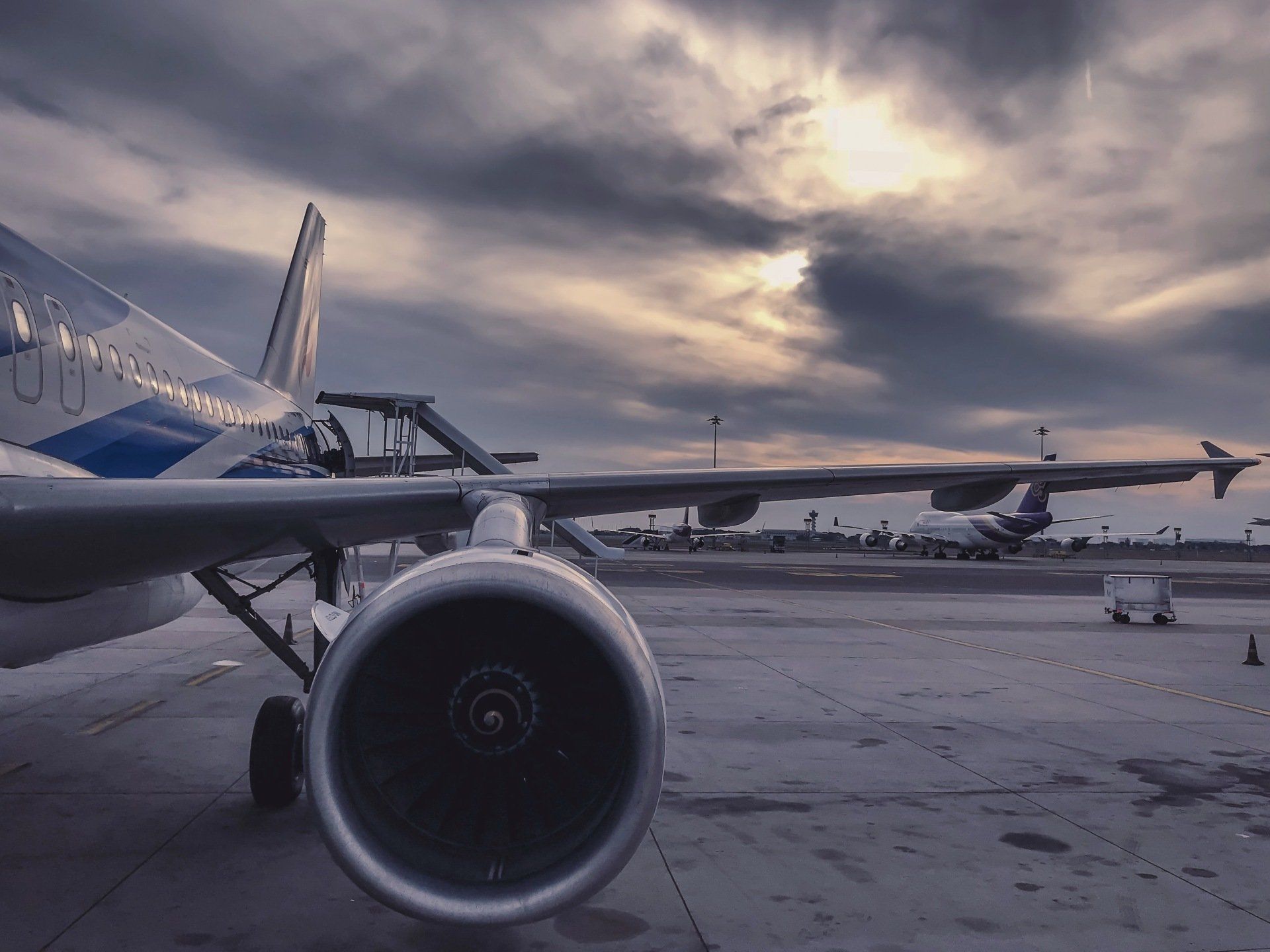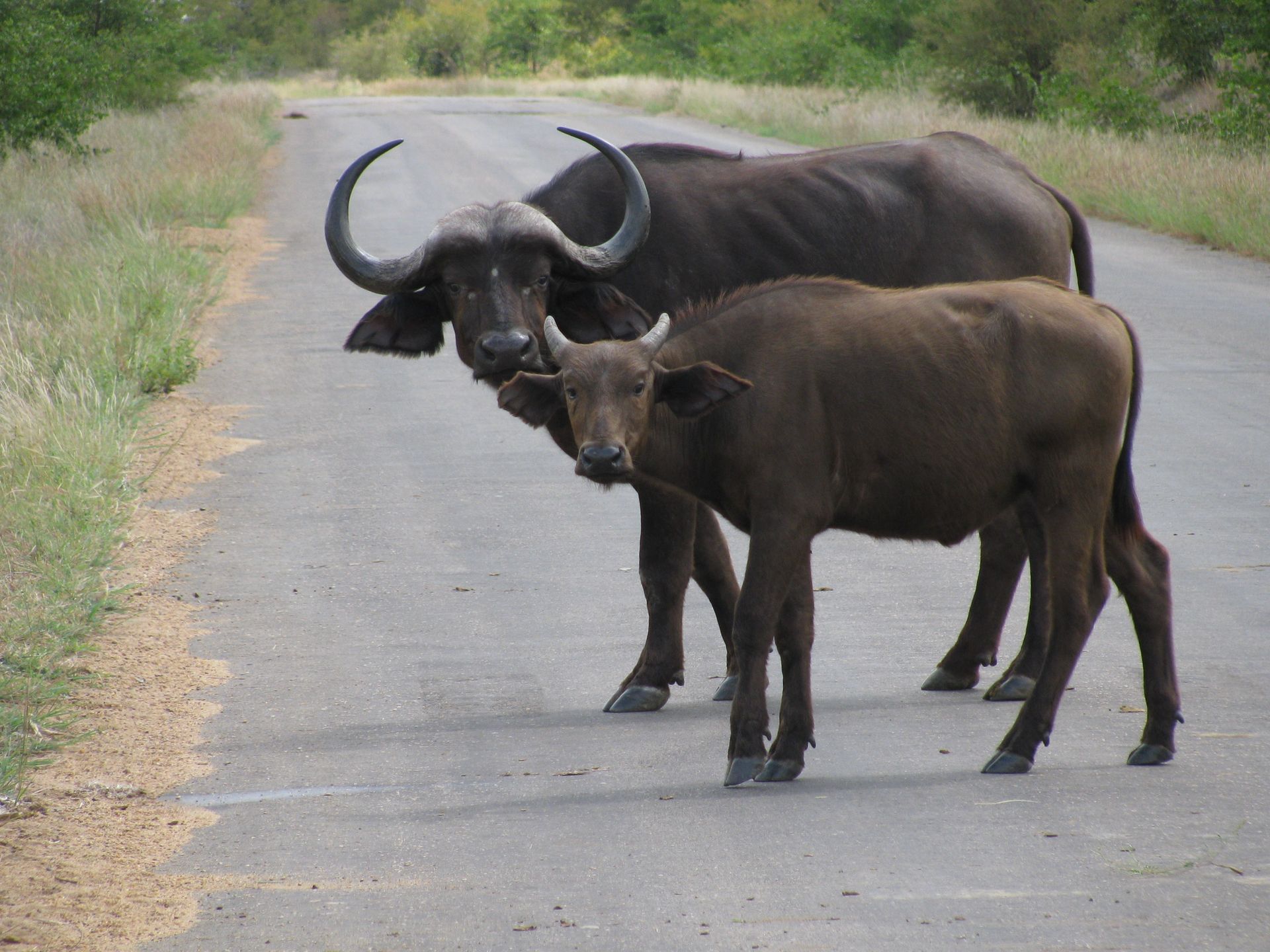Malaria In South Africa
Remember your Malaria Medication When Visiting Malaria Areas
For many years, malaria has been a serious health problem for tourists to South Africa. A parasite that spreads through the bite of infected mosquitoes is the source of the sickness. With cases predominating in the northeastern regions of the nation, particularly the provinces of Mpumalanga and Limpopo, South Africa has some of the highest rates of malaria transmission in the whole globe.
Beginning in the early 20th century, when it was a serious public health issue, malaria first appeared in South Africa. The first malaria prevention strategies, which included using DDT to reduce mosquito populations, were adopted in the 1940s. Malaria, however, made a comeback in the 1970s because of resistance to DDT and other insecticides. The South African government started an extensive malaria control program in the 1990s, and since then, the disease has been much less common.
Before visiting areas that are prone to Malaria in South Africa, malaria prevention is essential. These are some recommendations for self-defense:
Take antimalarial medicine: Before visiting regions where malaria is a possibility, speak with your doctor and take the recommended antimalarial medication as directed. Keep in mind to take the medication as prescribed by your doctor even after you get home.
Employ insect repellent: When spending time outside, make sure to dress in long sleeves and long pants, especially in the late evening and early morning when mosquitoes are most active.
Employ mosquito nets: If you plan to sleep outside, use mosquito nets all around your bed. Ensure that the netting completely encloses the bed and is in good condition.
Remain in rooms with air conditioning or screens: To reduce your exposure to mosquitoes, if at all feasible, stay in air-conditioned or screened-in accommodations.
Adopt safety measures when participating in outdoor activities: To prevent mosquito bites, wear protective clothing and insect repellent when hiking or camping.
Before or after your travel to South Africa, if you have symptoms such a fever, chills, headache, or muscle aches, get medical help right once. If untreated, malaria can be a potentially fatal disease.
Travelers to South Africa should be aware that malaria is a sickness that can be avoided. You can significantly lower your risk of developing the illness by taking the necessary precautions, such as utilizing insect repellent, antimalarial medication, and mosquito netting. Enjoy your travels in South Africa and stay safe!









